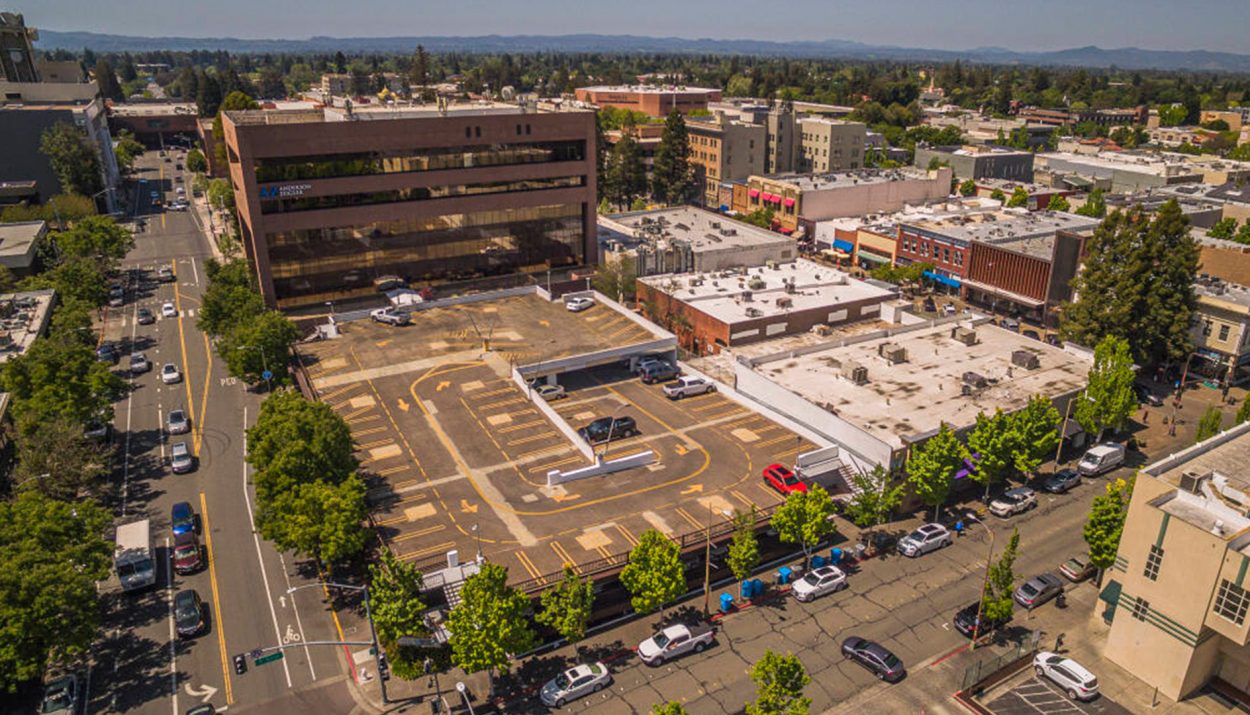The proposal of land-value taxation is currently being promoted by pro-development advocates, urbanists, and housing economists alike. Many experts and critics believe that the land-value taxation concept would be a lasting solution to the housing affordability crisis and other related issues.
How Land-Value Taxation Would Work
The concept of land-value taxation means that landowners would still be taxed annually. However, their tax amount would be based on the value of the land itself.

This concept would also reduce any taxes accumulated on developments that were made to the land, including office buildings, apartments, or retail stores. There are some instances in which the tax would even be eliminated.
Research Director Summarizes Concept As ‘Tax What You Take’
Stephen Hoskins, a research director for Resource Justice, summarized the land-value taxation concept as “tax what you take out of the natural world, not what you make.” Hoskins is a self-described Georgist.

The ideology behind the land-value taxation model focuses on the idea of everyone sharing natural resources. These resources would be shared instead of being monopolized by the wealthy.
Very Few Cities Have Experimented With Land-Value Taxation
Not very many cities in the United Sates or around the world in general have experimented with the concept of land-value taxation. One report confirms that over a dozen cities throughout Pennsylvania have achieved success with the land-value taxation model.

As a result of that success, new construction sites have been established through Harrisburg, Allentown, and Pittsburgh.
Understanding How The Georgist Era Began
The Georgist era was essentially started in 1879 after Henry George published the bestselling book, “Progress and Poverty.” George, a widely-known American political economist, used the book to decry industrial capitalism.
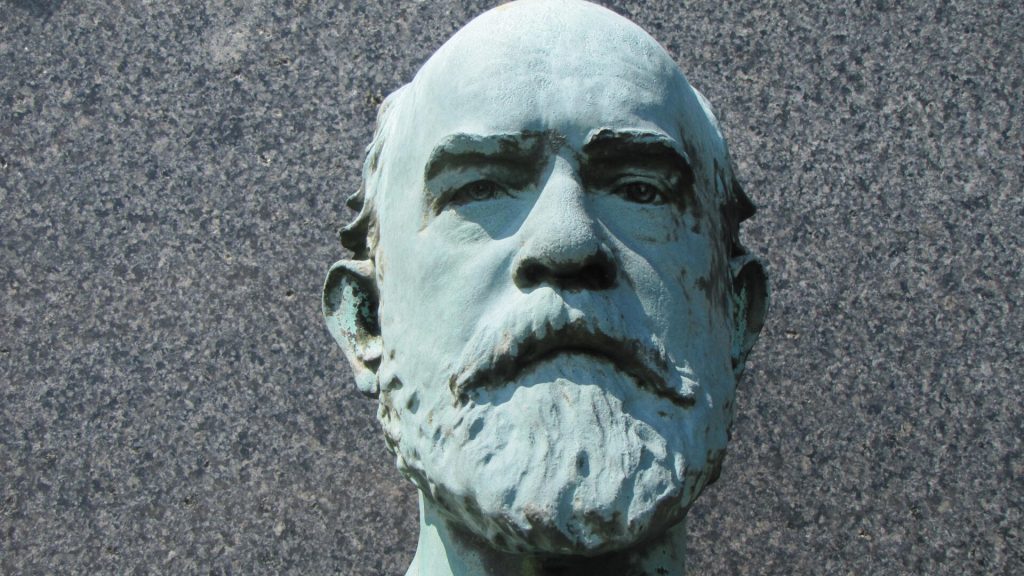
He also highlighted the oppression experienced by the working class. The book was praised and applauded by many. It was even described as an “opus” of sorts that eventually created the school of thought known as “Georgism.”
Pittsburgh Was An Early Adopter Of The Land-Value Taxation Model
Pittsburgh reportedly was one of the earliest adopters of the land value taxation model. This resulted in the development of new and affordable homes that many of the local steel mill workers were able to enjoy.

However, the problem was that municipalities did not regularly reassess the land value. As a result, Pittsburgh had to eliminate the tax in 2001 after homeowners expressed outrage over the land value reassessments.
Pittsburgh Also Experienced Decline Of Industrial Base
Pittsburgh experienced a progressive decline within its industrial base throughout the late 20th century. The output of steel mills slowed after the postwar boom. The tax revenue that accompanied the changes was essentially attributed to a failure of local industries to keep pace with foreign competition regarding the advancements of steel-making technology.
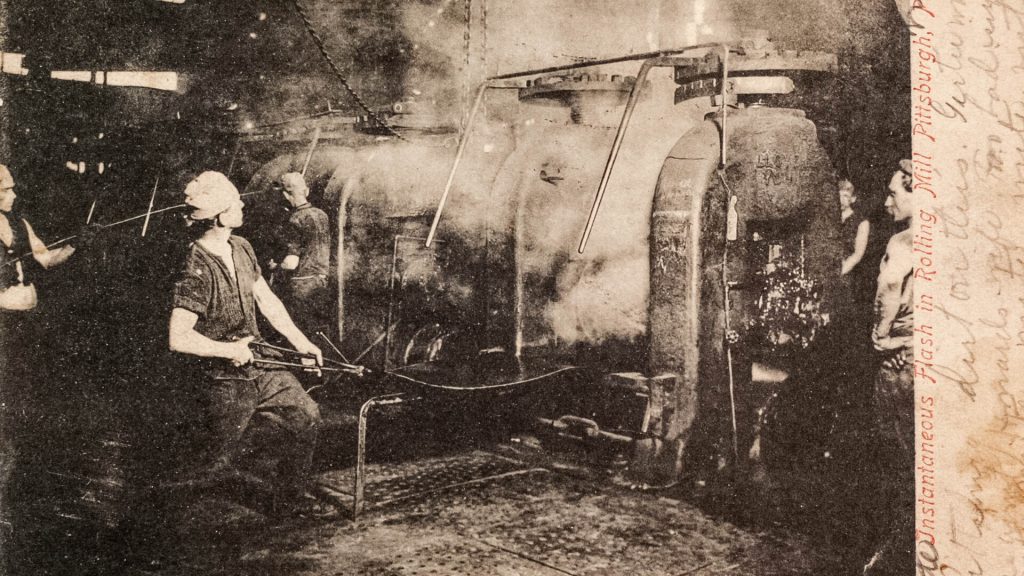
There are some critics and industry experts that strongly believe the land tax was blamed unjustly for the economic collapse. Some even claim that the political system failed the city of Pittsburgh more than the land value tax.
Former Market Analyst Claims, ‘Tax Policy Has Always Encouraged Land Speculators’
Ed Dodson, a former market analyst, once stated that “tax policy has always encouraged land speculators.” For instance, George Washington was known for building a huge fortune thanks to land speculation across frontiers and colonies.

Dodson, who previously worked for Fannie Mae and as a professor at Temple University, further explained that this “makes it easy for speculators to acquire and hold land.” They would then “wait for public-private partnerships to come along with funds to pay them for their profit for speculating.”
Barack Obama Felt That ‘A Land Tax Would Be Highly Progressive’
Former U.S. President Barack Obama once stated that “land tax would be highly progressive.” He further explained that the ownership of the land itself would be highly concentrated within upper income groups.
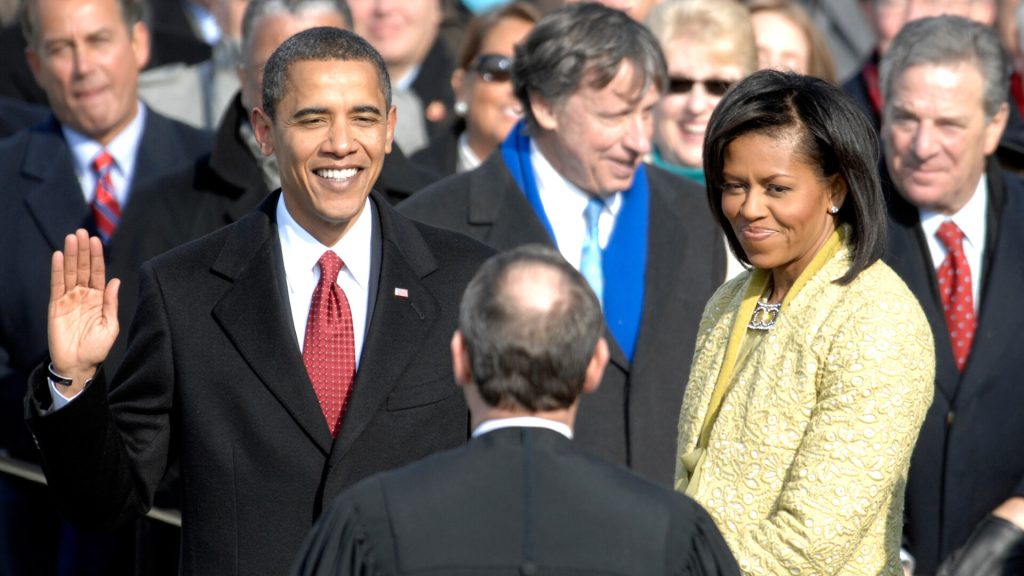
Obama added that it would then become “highly equitable” since the wealth that would be represented by the urban land was specifically created by society instead of the landowners. Obama did not pursue implementing this policy initiative during either of his terms in the Oval Office.
Bill Clinton Wondered Why The U.S. Had ‘Been So Slow’ Regarding Land Value Taxation
Former U.S. President Bill Clinton was also vocal about the land-value taxation model. Clinton was once quoted as saying that he “often wondered why” the country was “so slow to employ this mechanism” on a wider scale.
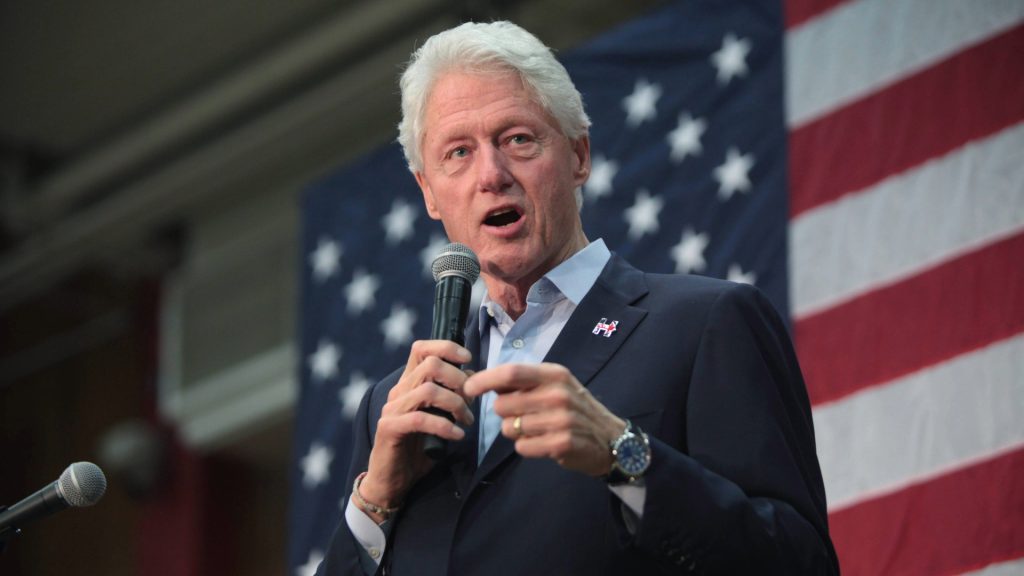
He repeatedly brought up this topic during discussions on urban development and tax reform. However, he did not officially advocate for the implementation of this taxation model during his presidency either.
Jimmy Carter Viewed Model As Way To Meet ‘Several Passing Needs Simultaneously’
Former U.S. President Jimmy Carter noted the effectiveness and efficiency of a land-value taxation model concept as well. Carter stated that the model would provide the opportunity to meet “several pressing needs simultaneously.”
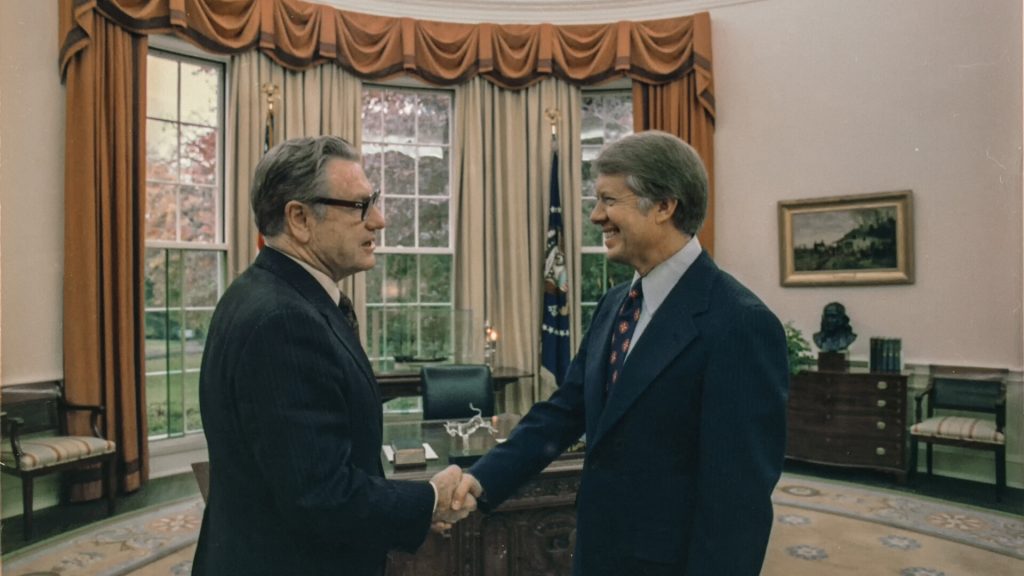
He specifically noted that the model would reduce property taxes, stimulate land use in certain areas, and preserve the open spaces used for agricultural land and forests. He believed that it would discourage land speculation.
Franklin D. Roosevelt Focused On Providing For Those ‘Who Have Too Little’
Former President Franklin D. Roosevelt was never quoted specifically about land-value taxation or its related model. However, the president widely referred to as “FDR” spoke frequently regarding the need to make sure that those who had less were provided for and had equal opportunities.
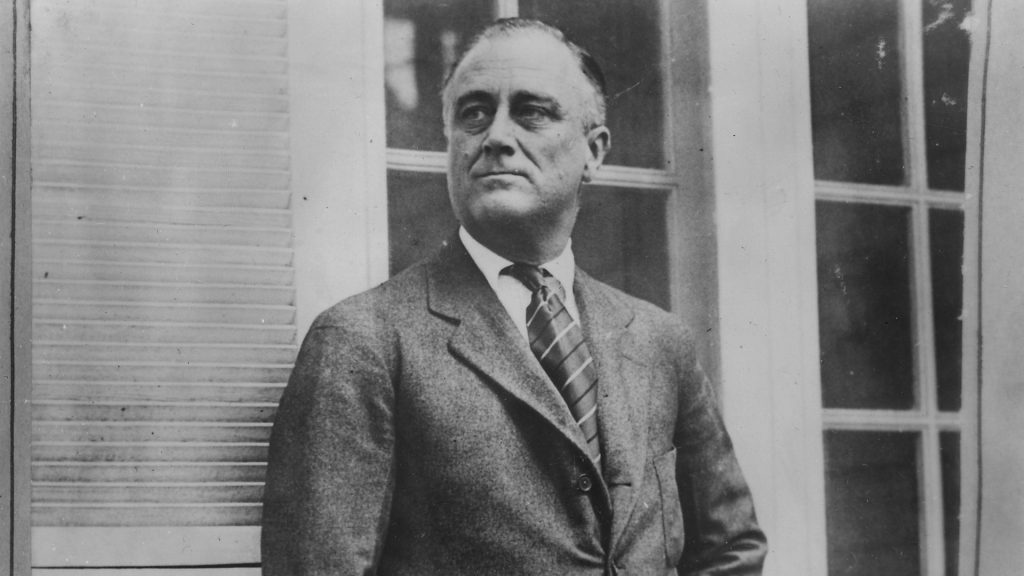
He once said that it was a “test of our progress” to ensure that “we provide enough for those who have too little” rather than focusing too much adding “more to the abundance of those who have much.”
Theodore Roosevelt Believed In A ‘Graduated Income Tax’ For Massive Fortunes
Former U.S. President Theodore Roosevelt strongly believed in a graduated income tax that would be applied to massive fortunes. He also encouraged the implementation of a graduated inheritance tax on large fortunes as well that was “properly safeguarded against evasion.”
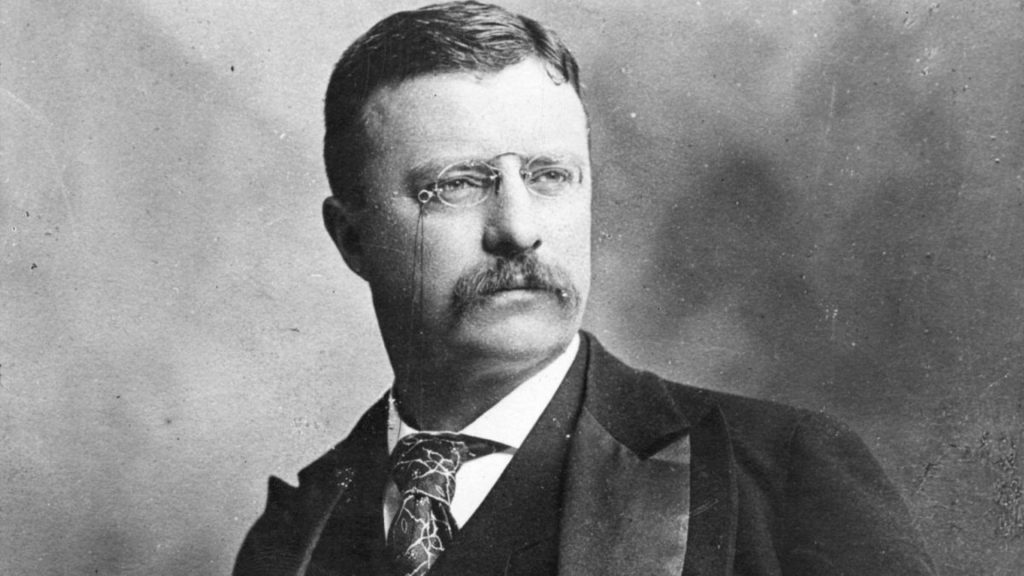
This tax would then increase exponentially to align with the actual estate size. Roosevelt argued that the “swollen fortune” acquired qualities that differentiated it “in kind as well as in degree” from what men with “relatively small means” were able to possess.
Abraham Lincoln Had Similar Beliefs To Henry George, Georgists
Abraham Lincoln did not go on the record specifically about land-value taxation either. However, historians have long believed that the former U.S. President echoed some of the same core beliefs promoted by Henry George.
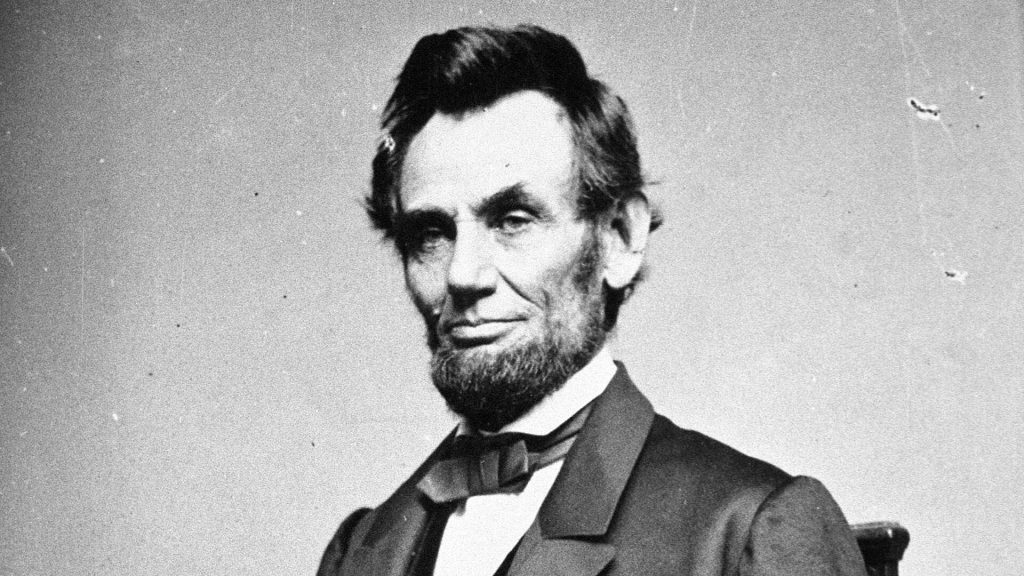
For instance, Lincoln was quoted as saying that capital is just the “fruit of labor.” In Lincoln’s opinion, capital could never exist without labor. He felt that labor was the “superior of capital” and deserved the “much higher consideration.”
Thomas Jefferson Agreed In Reducing Inequality Of Property Ownership
Former U.S. President Thomas Jefferson felt strongly about reducing the inequality of property ownership during his time spent in the White House as well. He promoted the concept of exempting all below a specific threshold from taxation.

On the other side of the spectrum, Jefferson agreed that the “higher portions of property” should have been taxed as they rise in “geometrical progression.” He argued that the concept of taxing land values would promote land distribution in addition to being a more equitable solution.

